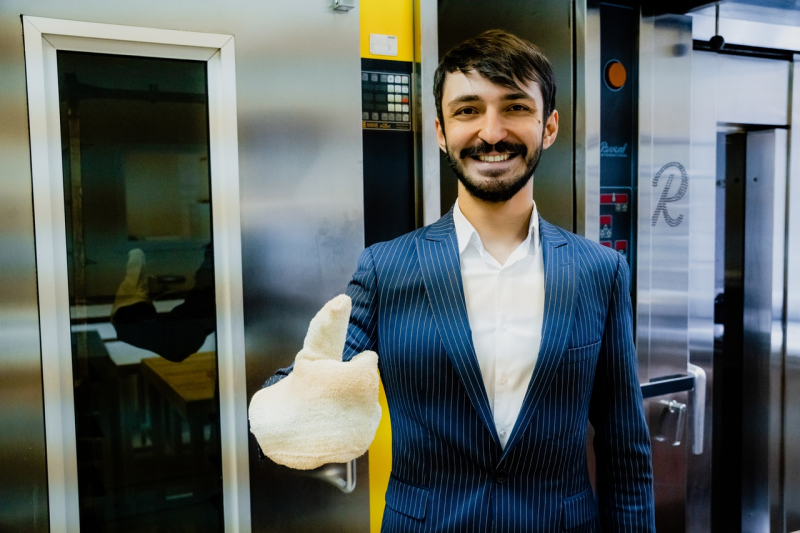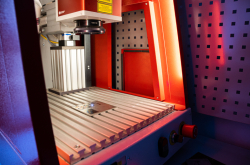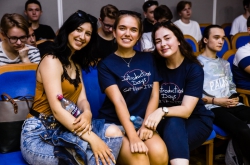You joined ITMO.FAMILY several years ago and since then you’ve managed to complete a number of successful projects. What are the principles that guide you in your work and that you will use in this new position?
Yes, it’s no secret that I got my degree and started my academic career in St. Petersburg Polytechnic University, where I was an assistant and then an associate professor for a year after completing my PhD thesis. After that and at the start of 2018, I started working at ITMO.
Back then, the main thing for me was to bring to life my vision of a teacher, a researcher, and, though I didn’t realize it then as I do now, a high-tech and socially oriented entrepreneur. As I have always stood by my professional and ethical standards, ITMO University naturally happened to be the place where I could achieve all of those goals.
As for the principles, those are the very high professional, business and moral standards that I try to comply with. This is what I am trying to pass to my students, just like the need to work completely within their own vision, keeping up their standards at work and studies. These principles help me to consistently develop and make the right decisions.
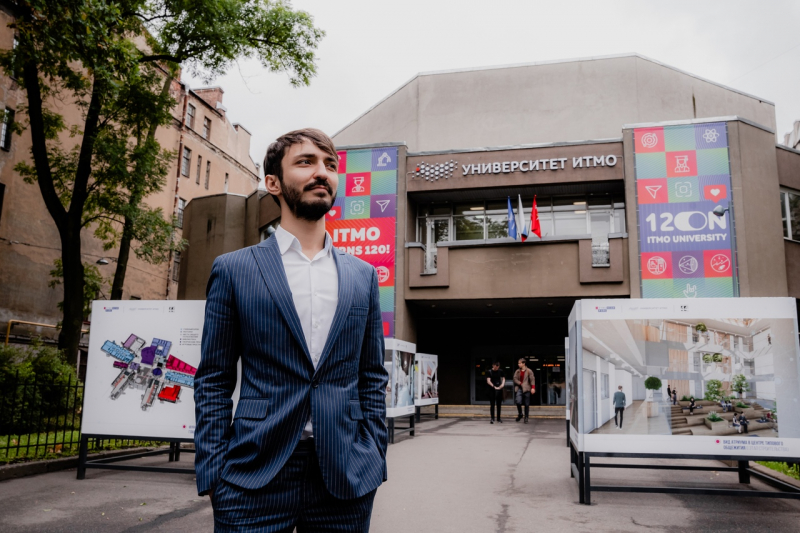
What do you consider to be your main achievement over the two years you have spent working at ITMO?
For me, this is definitely the Mendeleev 150 international conference. Now, in retrospect, I can say that it was mostly organized by students of my new faculty. First-year Bachelor’s students actually served as organizers of the conference. I have to say that knowing this was a huge factor, when I considered the offer to become Biotech’s new dean.
Biotech is known to have outstanding history and long-standing traditions. How do you see its vision now?
First of all, we have to bring biotechnologies at ITMO to the international level. In order to achieve that, we will have to pay attention to international connections, to hire well-qualified teachers and researchers and establish new research groups, to attract the leading Russian and international researchers and entrepreneurs to the academic process.
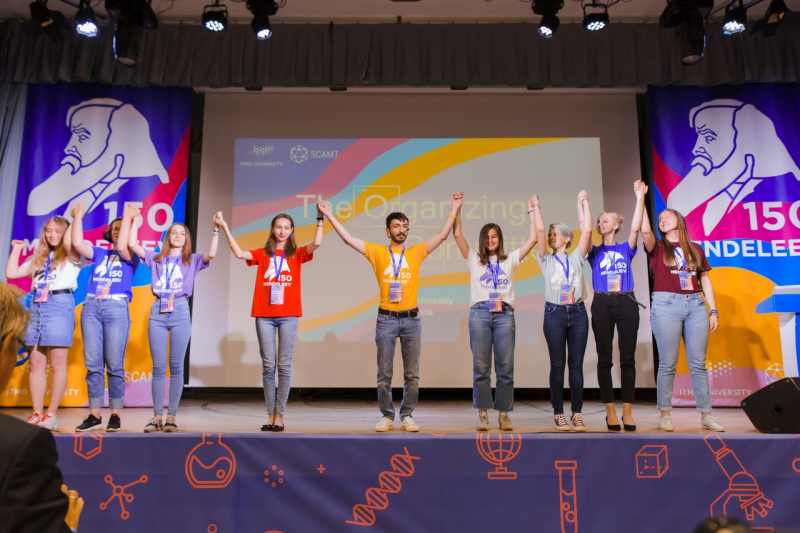
What are the main areas of development you see for the faculty?
We will keep the developments in biotechnologies made by the faculty and improve in this field. We are also planning to put emphasis on agrobiotechnologies, as stated in the Russian strategy of research and technological development.
One more field we will focus on is, of course, industrial biotechnologies that we are planning to develop considering the actual demands in the industry. We will also pay attention to ecobiotechnologies (for instance, the citizen science project The Internet of Bacteria). We are interested in microbial biotechnologies that will meet the standards of eco-friendly engineering and can be used in creating alternative energy sources, as well as in green chemistry and a closed-loop economy.
Finally, we need to start actively working in the field of space biotechnologies. We know that biotechnologies have the potential to be used in exploring other planets. This is what we have to be working on today.
It is important for me to raise the attractiveness and prestige of biotechnologies among young people, starting from school students. For this reason, we have somewhat rebranded the faculty, we are working on our style and making a new website. And we will be promoting the faculty under its new shortened name – Biotech.
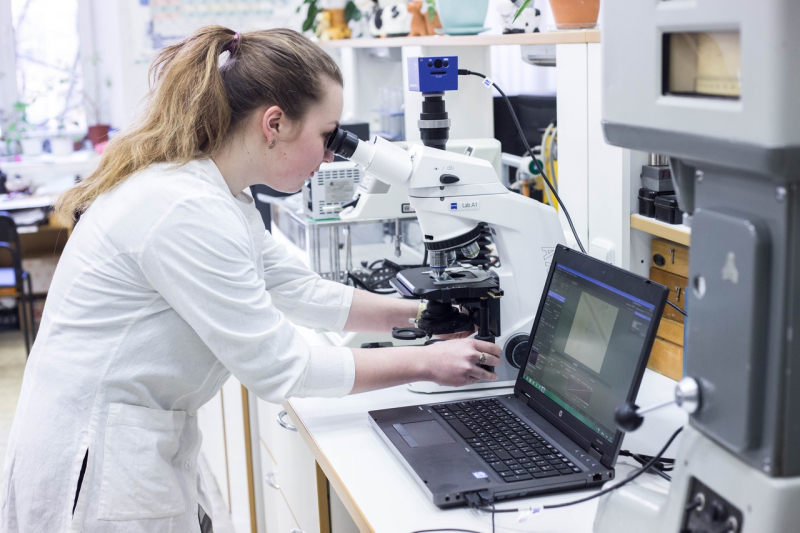
The faculty isn’t represented in international subject rankings – and this is a huge space for development. All in all, ITMO University isn’t typically associated with biotechnologies. How are you planning to change this?
We have already contacted the Rankings Research Center to learn of the subject rankings we have prospects in. The faculty is currently mostly contributing to Agriculture & Forestry. We will be focusing on this field, among others, and we have already covered one of the criteria for being mentioned in the published part of the ranking – the minimum number of publications.
Now we have to create a reputation that will attract motivated experts. Last year, we hosted two international chemistry conferences, and we are planning to use this experience to develop in the field of agrobiotechnologies. In less than a year, we will host Food BioTech, a major international conference, and two leading researchers, Da-Wen Sun (University College Dublin) and Chin-Kun Wang (Chung Shan Medical University), have already confirmed their participation.
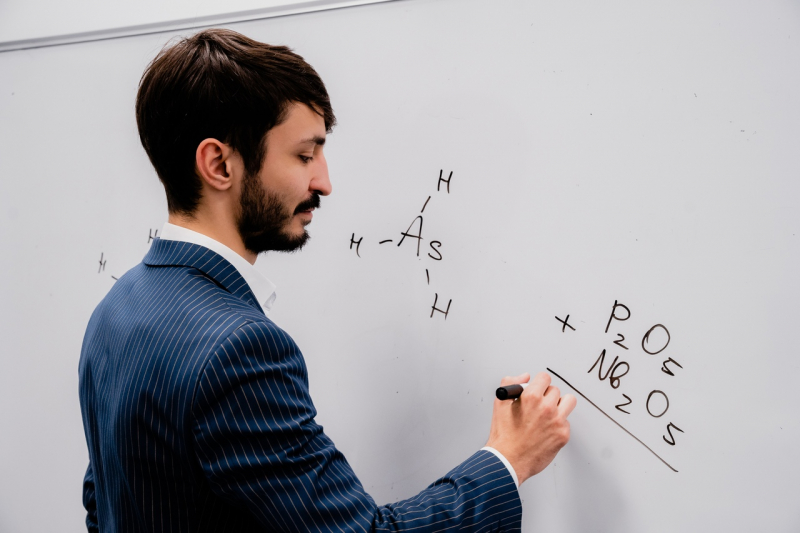
Naturally, research fields are what we have to develop, as they are the foundation for everything else. For this purpose, we need to create new research groups and attract leading researchers. The mission of our university is to create the conditions for growth and development of scientists, so that they can realize their ambitious and futuristic vision.
What are the steps you are going to take to develop the faculty’s research projects?
First of all, we will be attracting international researchers. Currently, the majority of our programs are taught in Russian, so we will focus on Russian-speaking scientists. We are currently in the process of negotiation, so I won’t mention any names. But I can say that some of them will definitely host lectures via Zoom on their projects for our biotechnology students and anyone interested.
ITMO Fellowship & Professorship program will also help us in attracting future leaders of new research groups to be created within the faculty’s structure – here we will use the experience of SCAMT as a guideline. It is also possible to create a group via the Professorship track, where the head of the project spends four months at ITMO and eight months at their main university. It is important for international academic exchange, new Erasmus projects and international internships of our staff.
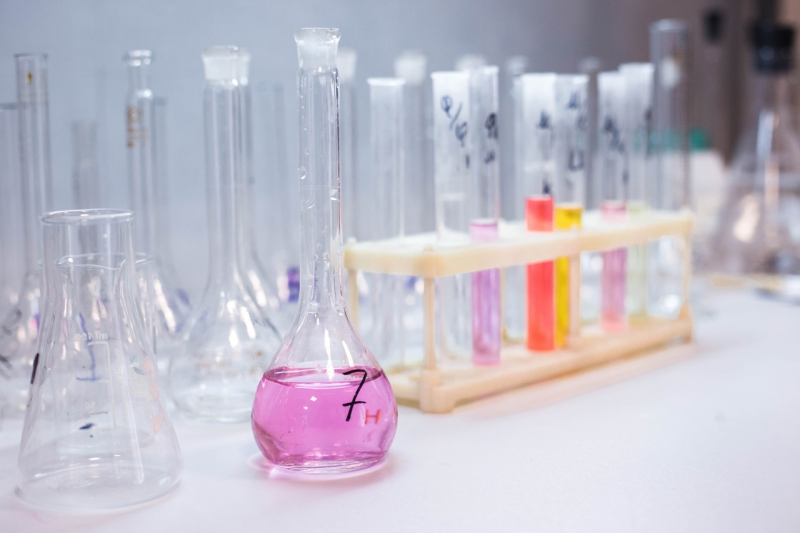
We have also created a department for development at the faculty. There, I assemble a team of the best specialists, including our own students. For instance, Daria Minakova, a third year Bachelor’s student has analyzed 42,500 publications to find potential collaborators in various universities. And Alexandra Ignatenkova, another third-year, organizes educational and scientific events at the faculty.
You’ve said that guest lecturers will share their ideas via Zoom. And how will research and education be developed at Biotech in the future?
My department for development is studying the top-300 world rankings to scout for disciplines important for programs in biotechnology. We are planning to update and optimize our program to bring it up to an international level. We will focus on equipping our Bachelor’s students with receiving existing cutting-edge knowledge and skills, and our Master’s students will be at work generating new knowledge taking into account the demands of the real sector.
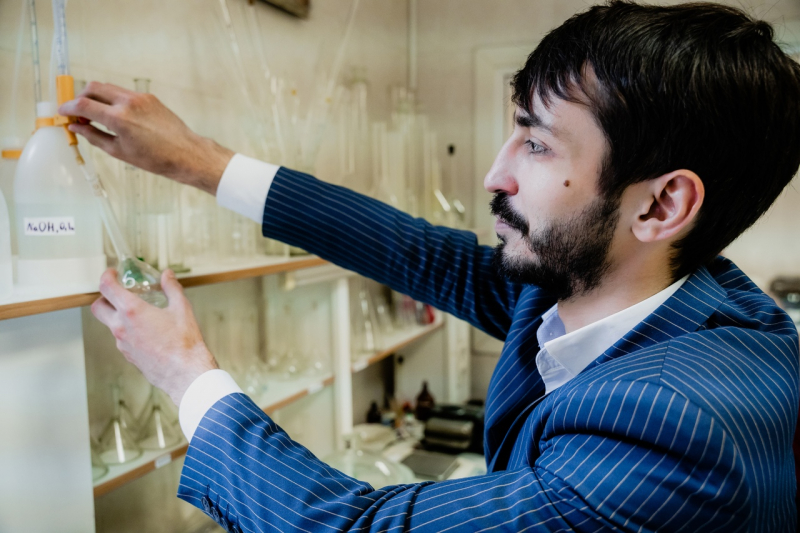
It is important to separate studies from the educational process. The latter is a broader question that includes both studies and raising balanced specialists. I am currently looking for a deputy dean, the key person for my work at the faculty. It has to be someone with international experience in creating educational programs in the field of biotechnologies. This person will become the actual architect of the educational component at the faculty, someone, who will see the whole picture by communicating with me, students and specialists from the real sector.
Shall we expect new programs or tracks to be opened in the near future? What novelties will the students see in this and the following academic years?
They will see new Russian and international specialists, including business representatives, involved in the faculty’s existing educational programs. They will be giving lectures. For example, on September 22 we had a lecture from Olesya Volokh, head of the research group and nutritiology at Danone EDPI CIS/TME, PhD in Biology, a researcher and lecturer at the biology faculty of Lomonosov Moscow State University.
We have also audited our industrial and business partners, which will help us strengthen our corporate Master’s programs. We are naturally planning to open new educational programs, because they will be supporting our new research areas.
Master’s programs definitely have to be research-oriented, every student will need to create a research project that will solve a particular social need. Thankfully, we won’t have to go far for ideas in biotechnologies – one will only have to look at the UN's sustainable development goals.
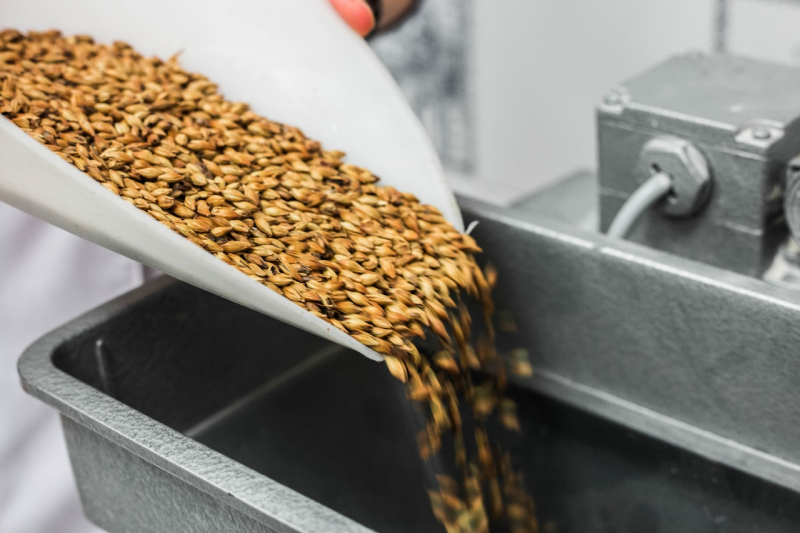
There is actually no need for each and every one of our students to do fundamental science – it is important for each project to be potentially applicable. We are all working in research but some are scientists, others are technologists or engineers and still others are entrepreneurs. We have to be able to find the best role for everyone, and I will do my best to ensure that.
How are you planning to develop Biotech’s network of partners? Which fields are you prioritizing?
We will be improving collaboration with the faculty’s existing partners. Some of the partners didn’t offer internships for our students, and we will be working on that. We will have a unified internships committee that will serve all of our programs.
Of course, we will also attract new partners by communicating with the real sector to understand its actual demands and find ways we can meet them. As for the other sectors, I am interested in collaborating with restaurant businesses. For instance, we know that Dodo Pizza has considered working with ITMO. Molecular cuisine is also of interest, and we have an idea to create opportunities for students to do their internships with sous chefs of certain restaurants.
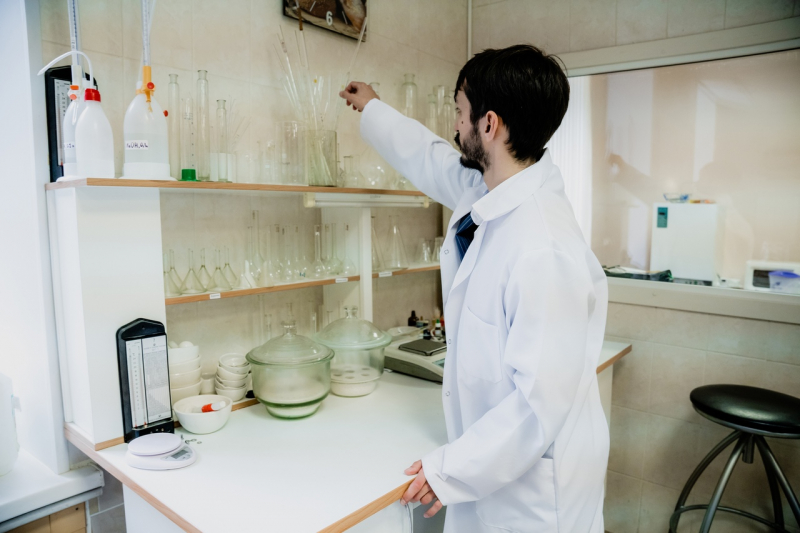
As we are nearing the end of our conversation, tell us, what other changes can the staff and students expect to see at Biotech?
The staff will see a transparent, easy to grasp and universal payment system. In my opinion, this is highly important. I will be creating a comfortable ecosystem for my coworkers.
Students will have a direct connection to their dean, an opportunity to speak their mind, we will be able to trust each other. I will always welcome not only their ideas and suggestions but also their struggles. But what I want to establish is a culture of responsibility, so that our discussions are constructive. I will be responsible for my words, and the students – for their suggestions.
I want our students to see that Biotech’s management is not something ethereal, but that it is something relatable that can be relied upon.
